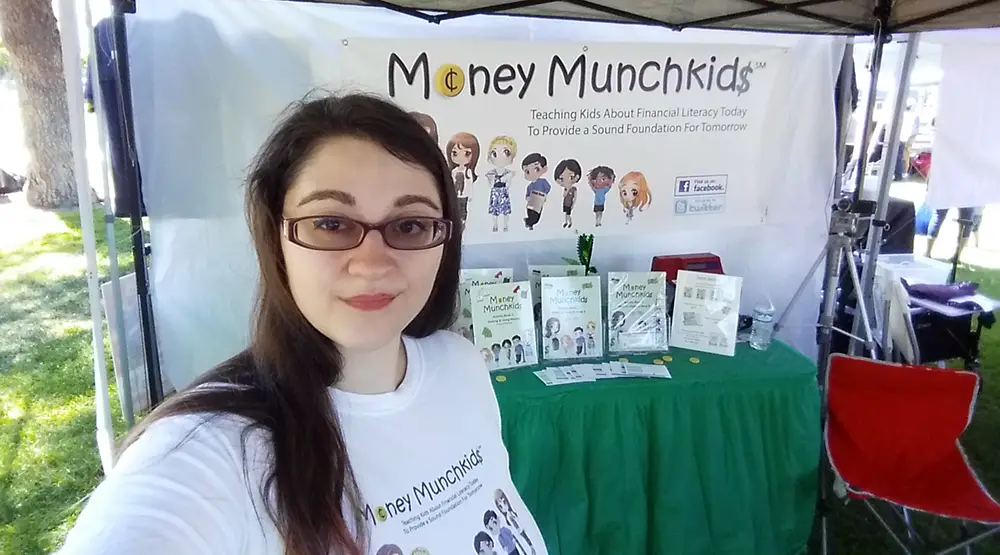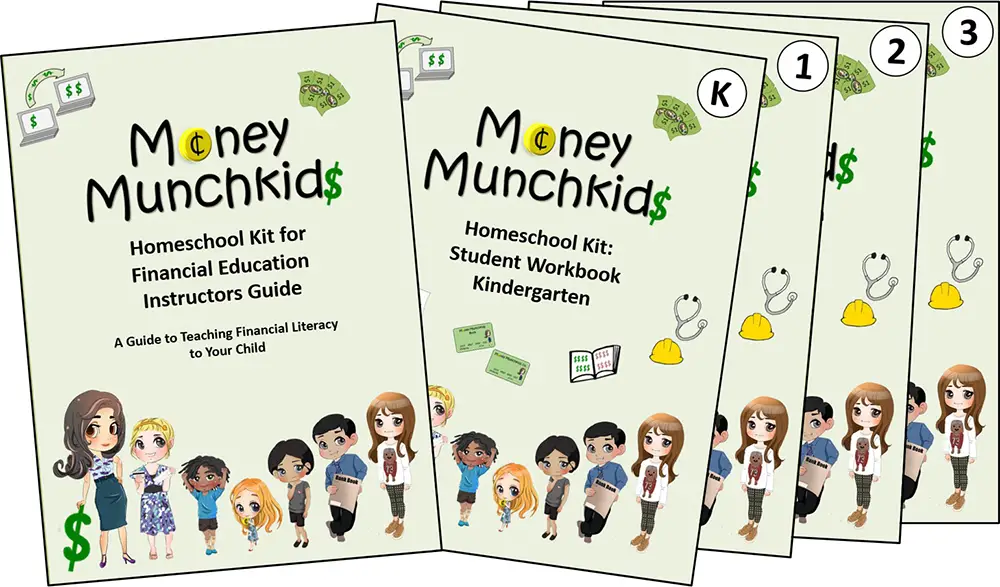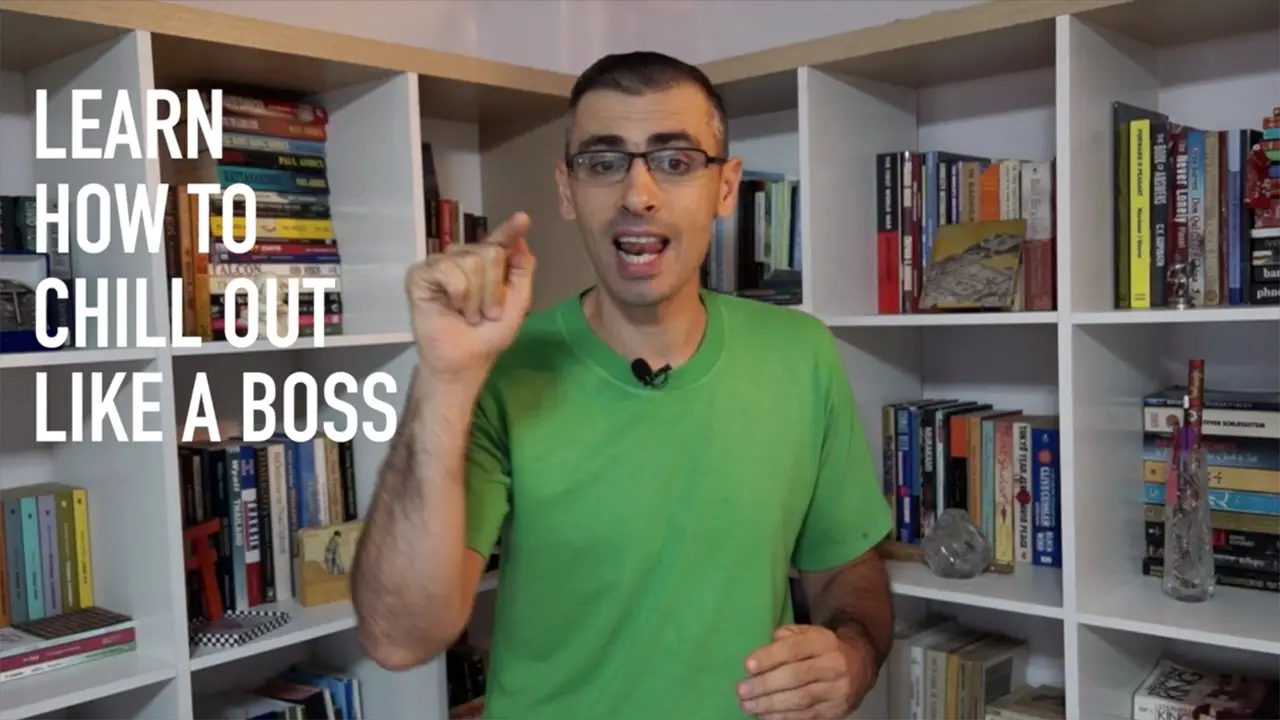Victoria Khaze is the creator of Money Munchkids, a platform that creates products and services dedicated to teaching kids from 5 to 9 years old financial education and money management. In this interview she talks about her passion for financial education and what her company can do to teach young children the value of money.
How did you come upon the idea of Money Munchkids?
“It was kind of by accident actually. I have little brother myself and I know lots of people with young kids. Of course, kids talk a lot about things they want and how they asked their parents (or siblings, like me) to buy things for them. So I started doing research on tools to teach kids about money and what I found was that there really wasn’t many products to teach young kids about money and finances. It’s mostly for older kids.
While I was looking for tools to teach kids financial education, I can across several articles showing that kids as young as five years old start developing financial habits. Then I found out that most states don’t have any sort of required financial education in their school curriculum. Most that do teach financial literacy or economics only teach at the high school level. Which is crazy when you think about it because you can open a bank account in your mid-teens, from 14 to 17 years old generally.
So as a teenager they’ve already developed financial habits, they already have a bank account, in some states they can have internships or jobs, and in a few short years they’ll be 18 and legally an adult with adult financial responsibilities yet we’re JUST beginning to teach them about money and finances?
I thought, ‘This is crazy! Why isn’t anybody doing anything about this?” So I decided that I would do something about it.”

At what stage do you think children should be taught financial education?
“As soon as possible. The day they start asking you to buy things for them or start talking about money is the day we should start teaching them. As I mentioned, research actually shows kids develop habits as young as five years old. So, in my opinion, if they can understand it and are developing those habits shouldn’t we be teaching them?
I should also note that what we teach them should be appropriate to their age. You’re not going to try to explain compounded interest to a five year old. Heck there are adults that don’t understand compound interest! But we can start teaching them some basics and as they get older teach them the more complex concepts as well. ”
And who is best suited for that? Teachers? Parents?
“Well, ideally, it should be both. Finance is a complicated subject and the more financial education the better. At Money Munchkids we highly encourage parents to not let the education end with our products or camps. Plus, every parent has their own thoughts on how to manage money and their own unique lessons to pass on to their children. In reality, teaching your child financial education can become a bonding time. We also believe that critical life skills like financial education are always going to necessary and should be taught at grade levels.
What is your vision at Money Munchkids?
“Our official vision at Money Munchkids is to empower the next generation with the financial knowledge they’re going to need as adults. We want to help create a stable foundation of knowledge in financial education for young children in a fun and friendly way. Of course what Money Munchkids is goes beyond our products. It’s in our company culture.
I want Money Munchkids to be a next generation company. A new kind of people focused company. A few of our company culture pillars are family first, eco-friendly, inclusive & team oriented and tech savvy. One example is that almost all of our staff telecommutes and make their own schedule, and, it will most likely always be this way. Telecommuting allows for flexibility for families, is more eco-friendly, allows people autonomy they wouldn’t get at most other companies and allows for people who need special accommodations to work in an environment that suits them best.
Personally, I suffer from chronic migraines. I remember having to take my breaks in a dark storage room because I was having a migraine and the lights hurt. I never want anyone who works for Money Munchkids to feel like trapped that.
We’re also big on being eco-friendly. We print our products on demand which helps reduce waste. When you order directly from our website we use minimal packaging with packing slips printed on recycled paper. In fact we ONLY use recycled paper. I want everything about Money Munchkids to be able creating a better type of company, with a people first principle, that has every aspect toward creating a better world for the next generation.”
What educational resources can you provide schools?
“Last year we actually launched a financial education curriculum for schools. We enlisted the help of several teachers both national and international with various specialties. Our curriculum, like all of our products is for elementary grades K through 3rd.
What’s so cool about it is that we made sure to include activities in each lesson that catered to at least two out of the seven learning styles. So regardless of what type of class a teacher has we have activities for everyone. We also include a list of videos and books that teachers can use in the lessons, which are already out there and freely available. So regardless of classroom style, school budget or resources can use other materials to engage their class better.
We also have the books for each grade mirror each other so classrooms that are mixed grades can also utilize our financial education curriculum. Mixed grade classrooms are becoming more popular and curriculums that work with both single and multi-grade classrooms aren’t common. So our curriculum really allows for a customizable classroom experience.”
How about parents who homeschool their children?
“Well, we’re not quite there yet for a financial education curriculum for homeschooling. We will be releasing a homeschool curriculum later this year, around May actually. But until then we do have our financial education activity books and home activity pack. We also have tons of free resources on our website. One of which is a free bank game for kids which parents can get just by signing up for our email list.”
Where do you see your company heading in the next 5 years?
“In the next five years, wow. We’ll we already sell our products across the US. I’m definitely hoping that we’ll have financial education camps in other states as well. I’d love to see public school districts really get serious about financial education for their students. I know that lots of private schools are already responding to parents pushing for financial education. Of course, we’ll continue to create more tools for parents to use at home as well. Overall, I mean, I just really want Money Munchkids to be a company who parents and school can come to for help teaching critical life skills, like financial education, to their kids and students.





